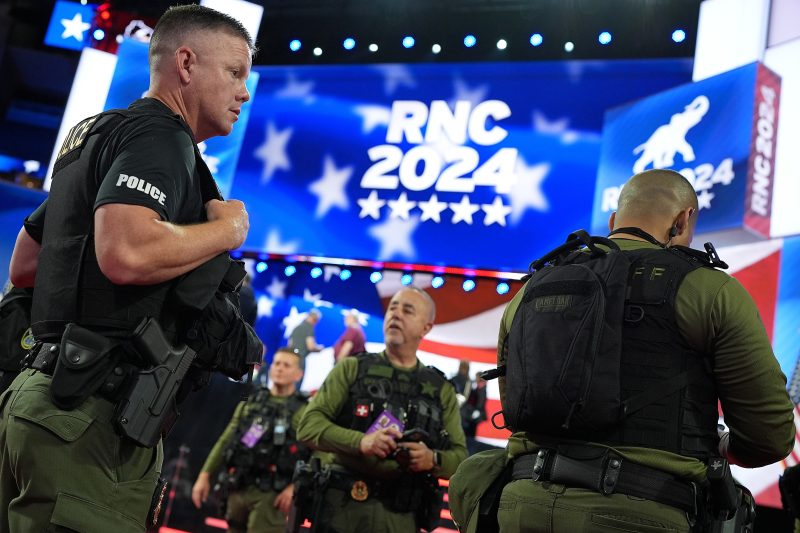The recent shooting incident following a Trump rally has raised concerns about security measures at the upcoming GOP convention. Despite the tragic event, GOP officials have stated that there will be no changes to the security plan for the convention. This decision has sparked a debate among experts and attendees on the adequacy of the current security arrangements.
One key argument in favor of maintaining the original security plan is the need to strike a balance between ensuring safety and upholding democratic values. Some argue that increasing security measures could infringe on the right to freedom of assembly and free speech. By maintaining the existing plan, officials are emphasizing the importance of preserving the fundamental principles of democracy while addressing security concerns.
On the other hand, critics of the decision argue that the shooting incident highlights the vulnerabilities in the current security plan. They point out that the safety of attendees and participants should be the top priority, and any potential risks should be addressed proactively. Calls for enhanced security measures, such as increased police presence, stricter access control, and advanced threat detection technology, have been made in response to the incident.
The debate over whether to modify the security plan for the GOP convention reflects the broader challenge of balancing security with individual freedoms in a democratic society. While ensuring the safety of all participants is crucial, it is equally important to protect the rights and liberties that form the foundation of democracy. Ultimately, the decision on whether to make changes to the security plan will require careful consideration of these complex and competing interests.

